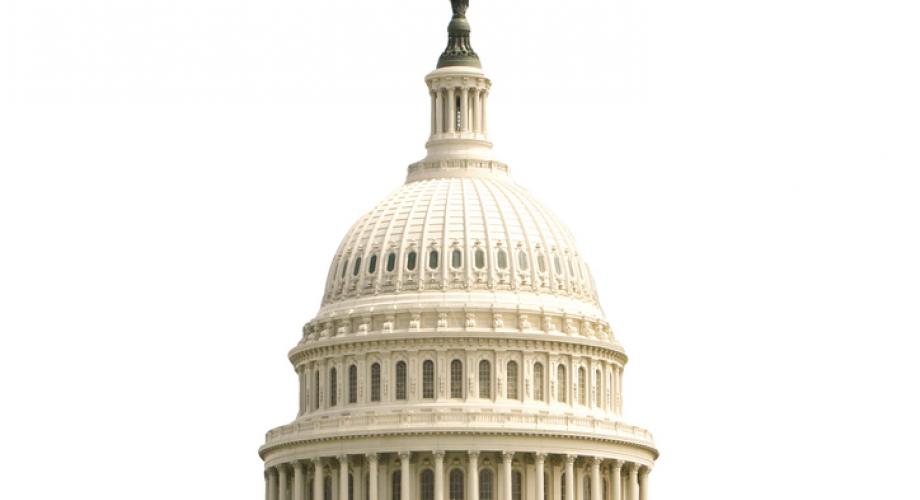As the 2020 elections wrap, the National Apartment Association (NAA) is developing a framework for what lies ahead on the legislative and regulatory landscape for the apartment industry. And, as the country continues to grapple with the ongoing COVID-19 crisis, we must look to possible relief efforts and existing broad, general policy stances of our elected officials to fully understand what could happen after Inauguration Day.
Nationally, Democrats retained control of the House of Representatives, albeit with a slimmer majority. Control of the Senate hinges on two Jan. 5 runoff races in Georgia, a historically Republican-friendly state that narrowly flipped blue for Biden. Overall, few changes are likely in both House and Senate committee leadership. The House leadership is still to be determined, though current Speaker of the House Nancy Pelosi (D-Calif.) has indicated that she will run again. Regardless of the Senate runoff results, no major changes are expected for either party’s Senate leadership.
Former Vice President Joe Biden and Sen. Kamala Harris have been declared winners in the presidential election (Note that President Donald Trump has pursued legal action over the outcome of the election which is still pending). A Biden Administration would influence the agenda for both Congressional chambers, though we have a clearer view of potential housing policies in the House. We expect the House to quickly seek emergency renter protections – including further eviction bans, rent increase restrictions and a pause on negative consumer reporting and debt collection – alongside rental assistance. The House could also pursue measures intended to ensure access to quality housing post-COVID-19 through amendments to the Fair Housing Act (FHA) and the Fair Credit Reporting Act. The Senate’s housing agenda remains largely unknown, though there could be action on liability protections, additional business relief and housing finance reform.
Congressional agendas would likely be set against the backdrop of the Biden Administration, which is expected to pursue very different priorities than the Trump Administration and includes new federal department heads – including a successor to the current U.S. Department of Housing and Urban Development (HUD) Secretary Ben Carson. It is also likely that many Trump policies and actions will be reversed. Based on what we know of Biden’s housing plan, we are closely watching for additional disparate impact regulation like changes to criminal/eviction screening criteria, use of algorithms to rate consumers and occupancy standards. Further loosening of emotional support animal policies and more pressure for participation in federal housing programs could also occur.
NAA recognizes the affect that the outcome of the 2020 elections and these potential policies have already and could continue to have on both the day-to-day operations and long-term health of rental housing. We are closely monitoring for additional policy details and watching moves from President-elect Biden’s transition team, including announcement of prospective HUD secretaries, to chart our course forward; NAA has successfully developed relationships with staff and members throughout Congress and will continue to work with our contacts to educate our leaders on the critical importance of rental housing. We continue to Advocate for responsible and sustainable policies that address the needs of all Americans and welcome the opportunity to work with next Administration and members of the 117th U.S. Congress.
